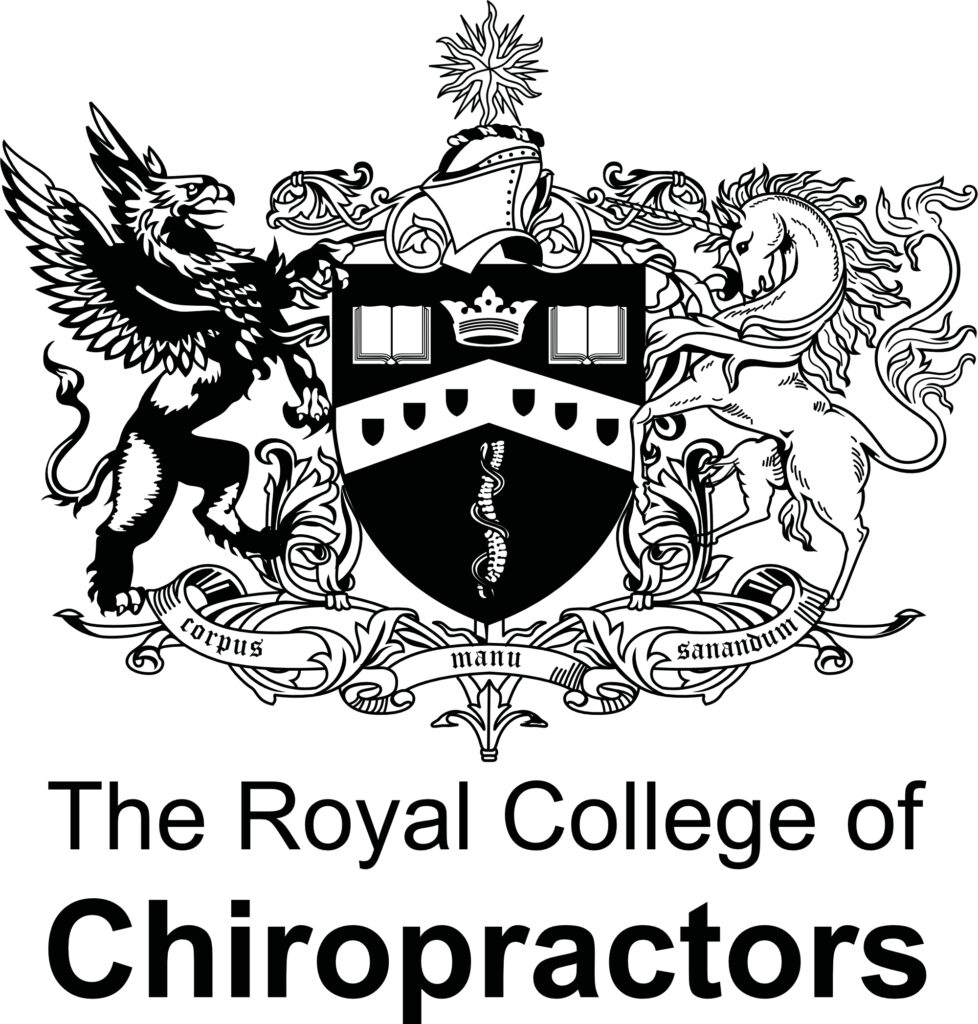Chiropractic Treatment Appointment
Good health isn’t something that happens to you, it’s something that you actively create. Once you have had an assessment, we can create a recommended package of care for you to help you achieve your best health.
Our services are chosen specifically to provide you with a comprehensive offering that can be tailored to your body’s individual needs. Covering aspects of wellness and musculoskeletal health
services including chiropractic care, strength testing, K-Laser therapy, specific rehab exercise therapy, and nutritional, sleep and lifestyle advice.
You can use stand-alone services, packages or use a membership as all services are offered to non-members.
About your treatment Appointment
Chiropractic care at its best. We believe that you shouldn’t have to waste your time and money on treatments that don’t work. So we only use treatments that have been proven to work for back and joint health.
We realise that everyone has different treatment preferences; we offer lighter and heavier treatment therapies based on your request. Our modern, research-driven approach to chiropractic patient care allows us to carefully select the treatments that will achieve the best results for you as an individual.
Frequently Asked Questions
Appointment Booking Details
This appointment can be booked online or by calling the clinic. Your condition/problem must be thoroughly assessed first before you can have treatment.
Is Chiropractic Treatment Safe?
Yes, chiropractic treatment is remarkably safe when administered by a fully qualified, registered chiropractor. Extensive studies have revealed that chiropractic treatment is often safer than many common alternatives, such as prolonged use of non-steroidal anti-inflammatory medications, painkillers, or surgery.
Does Chiropractic Treatment Cause Discomfort?
Chiropractic is a safe and gentle form of treatment, and generally, it does not cause discomfort. Most patients experience the benefits of treatment almost immediately. However, some individuals may encounter short-term discomfort, especially when the condition is very acute or inflamed or has persisted for a prolonged period. This discomfort will typically subside as your body adjusts to the changes. Your chiropractor will inform you if this discomfort is expected and provide guidance on reducing it.
How Quickly Will I Experience Improvement?
Patients respond differently to treatment. Many patients notice immediate improvement after their first visit, while others may require a few sessions to experience the full benefits of treatment. The pace of improvement is influenced by various factors, including the duration and severity of the problem and the number of affected areas, as well as your body's healing rate. While each patient's response is unique, your chiropractor will offer insight into your anticipated recovery time.
How Many Treatments Are Necessary?
The number of treatments a patient needs can vary significantly depending on individual factors. The speed of recovery is influenced by the severity and duration of the condition, the presence of underlying degeneration or structural changes, specific habits or occupational postures, and a patient's adherence to the treatment plan and rehabilitative advice provided by the chiropractor. In general, a treatment course is recommended rather than a single treatment session, but your chiropractor will provide a more precise estimate during the New Patient Consultation based on your condition, its severity, and your lifestyle. Typically, newer injuries require fewer treatments, and substantial improvement is often observed within an initial 4 to 6 sessions. In the case of more complex or longstanding conditions, the treatment course may be more extensive. While each patient's response is unique, noticeable improvements often require a greater number of sessions, and significant progress may be observed over an extended treatment period. Your chiropractor will provide a tailored treatment plan and offer insights into the anticipated duration of your recovery based on the complexity and chronicity of your condition.
Do I Have to Schedule Regular Chiropractic Appointments?
Not necessarily. Some patients seek chiropractic care on an as-needed basis to address specific issues when they arise. Others choose to have periodic check-ups, similar to their routine dental appointments, aimed at identifying any potential problems and maintaining a healthy, well-functioning body. Many patients discover that scheduling periodic check-ups every few months helps them prevent injuries and sustain good health. This "maintenance" or "preventative" care can be likened to servicing a car, ensuring possible issues are identified and corrected before they escalate. It proves particularly valuable for individuals with chronic, recurring issues, those leading highly active or sedentary lifestyles, and those engaged in stressful or physically demanding occupations that may exacerbate their condition.
Is Chiropractic Only for Back Problems?
No, chiropractors address various conditions related to the musculoskeletal system and their effects on nerves and overall health. Common issues include low back pain (chronic and acute), neck pain, shoulder pain (including frozen shoulder), and headaches (including migraines and tension-type headaches). Chiropractic care can also be beneficial for minor sports-related injuries and postural problems.
Is Chiropractic Treatment Suitable After Back Surgery?
Many patients find chiropractic treatment beneficial, even if they have a history of back surgery. With a comprehensive history and examination, the treatment can be tailored to meet each patient's unique needs.
Is Chiropractic Treatment Safe During Pregnancy?
Yes, chiropractic treatment can assist with common problems during pregnancy, such as low back and pelvic pain.
Is a Referral from My GP Required?
No, you do not need a referral from your GP to see a chiropractor. Chiropractors are primary healthcare practitioners, capable of assessing and diagnosing a range of musculoskeletal conditions and providing you with the best possible specialist care or referring you to an appropriate healthcare professional when necessary. Many GPs and healthcare professionals recognise chiropractic as a safe and effective treatment for musculoskeletal conditions, particularly back pain.
Do I Need an X-ray or MRI?
The majority of patients will not require an X-ray or MRI, although some patients may need one before starting chiropractic treatment. The need for an X-ray depends on several factors determined during the New Patient Consultation. If you've had X-rays or scans in the past, bringing a copy of the report to your New Patient Consultation can help determine the most appropriate treatment (this can usually be obtained through your GP). It's not essential, but it can aid in tailoring the treatment to your needs.
What's the difference between chiropractic, osteopathy and physiotherapy?
Chiropractic and osteopathy share numerous similarities while also featuring some distinctions. Both disciplines focus on musculoskeletal conditions and emphasise holistic patient care, treating the entire person rather than solely addressing the problem area. Chiropractors and osteopaths utilise a range of manual, manipulative, and non-manipulative techniques. Additionally, both offer guidance on rehabilitative home exercises and lifestyle adjustments to support recovery. On the other hand, physiotherapists primarily employ electrical therapies, such as TENS, Ultrasound, and heat lamps, in treating musculoskeletal issues. They also incorporate hands-on techniques and place a strong emphasis on remedial exercises as part of their approach. It's worth noting that chiropractors and osteopaths often operate within private practices, although an increasing number of patients are referred by their GPs. In some regions, both chiropractic and osteopathy services are available through the NHS. Physiotherapists predominantly work within the NHS, but an expanding number also practice privately. Ultimately, the key factor is ensuring your chosen practitioner possesses the necessary qualifications and is registered with their professional regulatory body. Equally important is your comfort with the care you receive, regardless of the discipline you select.







